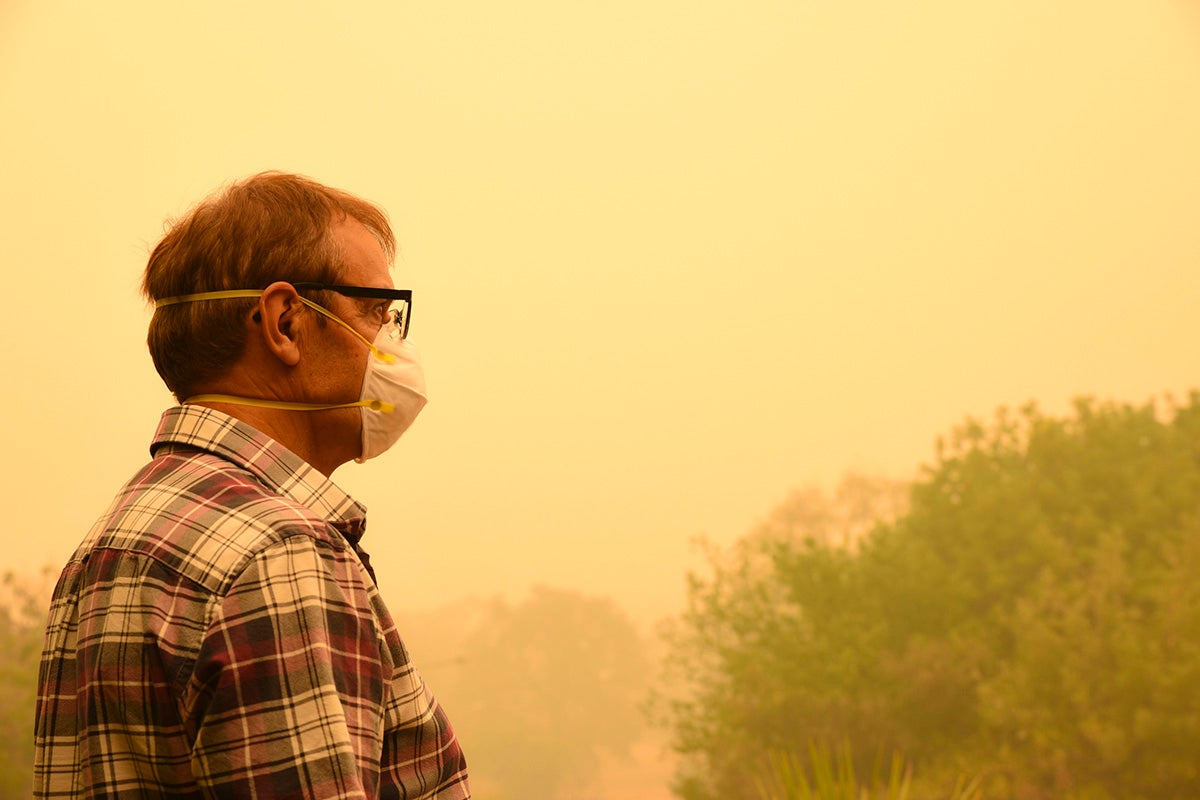A recent study by Professor Kari Nadeau at Harvard T.H. Chan School of Public Health has indicated that diseases related to immune health issues such as allergies and cancer are on the rise, and climate change may be a contributing factor. In an opinion piece for STAT News, Nadeau provided examples of how climate change impacts immune health. She explained how pollutants from wildfires and high levels of pollen due to warm weather can damage the body’s protective structures, leaving individuals more vulnerable to infection. Additionally, extreme weather events can lead to food shortages and malnutrition, which can hinder proper immune system development.
Nadeau also highlighted the link between climate-related stressors and chronic inflammation in the body, which can contribute to the development of diseases like cancer. To address the global increase in immune-mediated diseases, she emphasized the importance of implementing policies to address climate change and increasing funding for research on the relationship between climate change and immune health.
In order to raise awareness about the impact of climate change on human health, Nadeau urged individuals in positions of influence—including scientists, clinicians, journalists, and politicians—to educate the public about the real effects of climate change on the body. By taking action to address climate-related stressors, it may be possible to reduce the incidence of immune-mediated diseases in the future.



